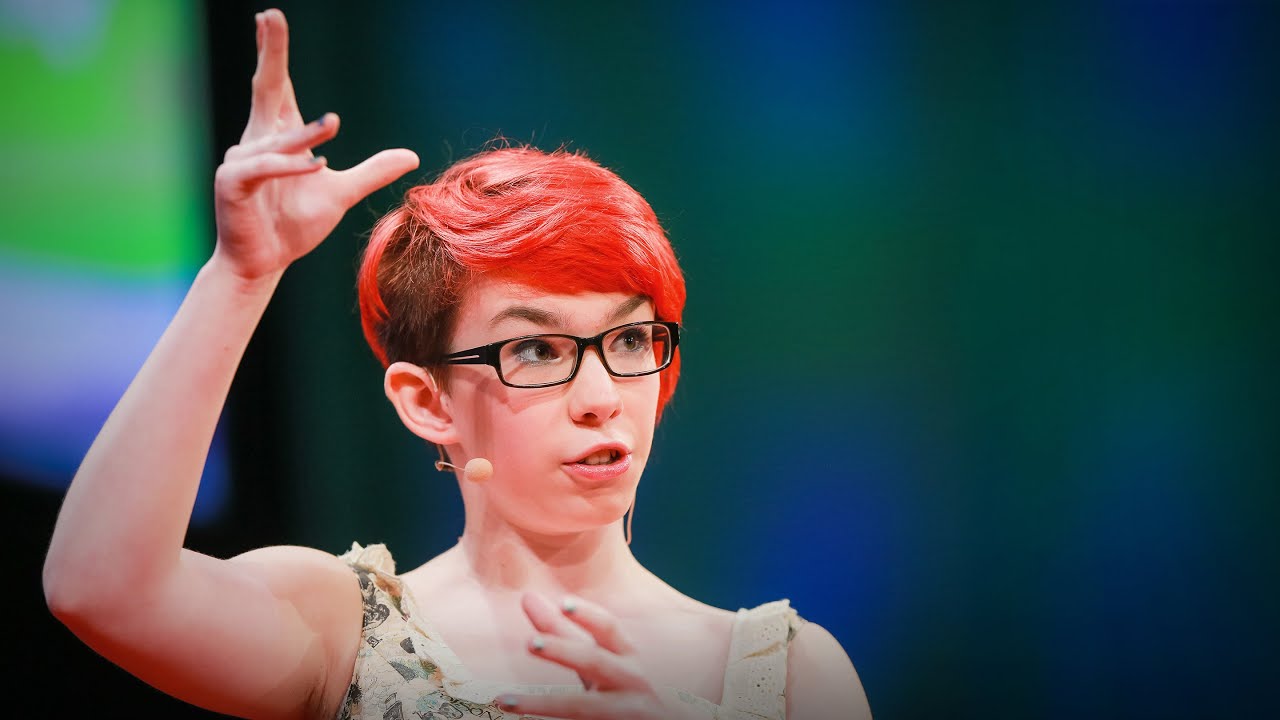How autism freed me to be myself | Rosie King

How Autism Freed Me to Be Myself
Introduction:
In her inspiring TED Talk, titled « How autism freed me to be myself, » Rosie King shares her unique perspective on autism and challenges the stereotypes associated with it. She emphasizes the importance of embracing individuality and applauding the power of imagination.
The Diversity of Autism:
King starts by acknowledging that autism is often diagnosed based on specific descriptions, but it can manifest in various forms. She mentions her younger brother, who has severe non-verbal autism, while she, on the other hand, loves to talk. King dispels the misconception that autism is solely associated with math and science, highlighting the creativity found within the autistic community.
Challenging Stereotypes:
The speaker addresses the prevalence of stereotypes surrounding autism, drawing a parallel to how other marginalized groups, such as the LGBT community and people of color, also face stereotyping. King shares her personal experience of typing « autistic people are » into Google and finding the first suggestion to be « demons. » This demonstrates the immediate association of negativity with autism in society.
The Power of Imagination:
King highlights that autism, rather than being a handicap, is a unique ability that allows for a vivid imagination. She describes living in two worlds simultaneously: the shared reality and the realm within her mind, which often feels more real. Autistic individuals are not constrained by limitations, allowing them to pursue their passions without boundaries. King attributes her accomplishments to the absence of self-imposed restrictions.
Challenges Faced:
The speaker acknowledges that being autistic comes with challenges, particularly when navigating school. King humorously mentions having to inform her teachers daily that their classes are incredibly boring. She shares how her imagination can occasionally take over, causing her body to move uncontrollably or engage in vocal expressions. While her parents found it endearing, it was not well-received by her classmates, leading to social isolation.
Embracing Individuality:
King acknowledges that some people may not want to be friends with someone who deviates from the norm. However, she sees this as an opportunity to identify genuine and sincere individuals as friends. She questions the concept of « normal » and why people strive for it when compliments like « extraordinary » and « amazing » are highly regarded. King emphasizes the fear society has towards diversity, leading to attempts to force conformity upon others.
Celebrating Uniqueness:
The speaker expresses her gratitude for being autistic and having a rich imagination. She reflects on her achievements, such as presenting documentaries for the BBC and writing a book. King particularly cherishes her ability to communicate with her non-verbal siblings, whom she loves dearly. She emphasizes the absurdity of society frequently overlooking non-verbal individuals.
Conclusion:
King concludes by urging people to celebrate each person’s uniqueness and embrace their imagination instead of punishing deviations from societal norms. She encourages everyone, autistic or not, to rejoice in the diversity of thoughts and ideas. King’s talk serves as a reminder to appreciate the power of imagination and the beauty of being true to oneself.
source
